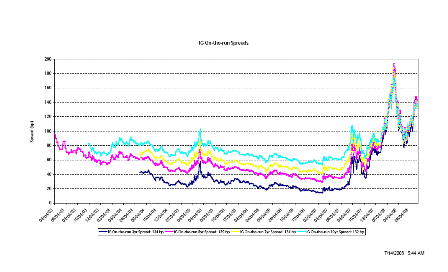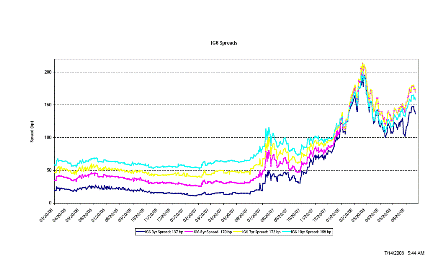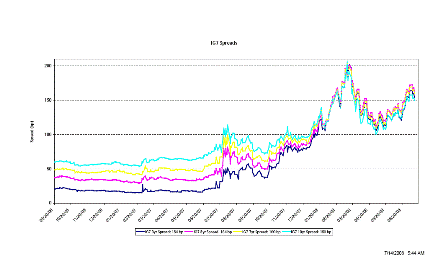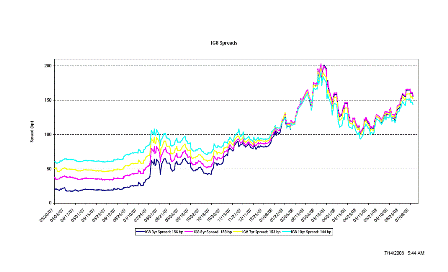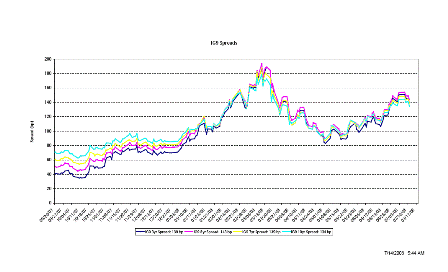Doesn’t look like a funding operation.
Looks like JPM sold the Bear Stearns securities to the Fed and retained a first loss piece:
Text in JP Morgan’s 10Q:
“Concurrent with the closing of the merger, the Federal Reserve Bank of New York (the “FRBNY”) will take control, through a limited liability company (“LLC”) formed for this purpose, of a portfolio of $30 billion in assets of Bear Stearns, based on the value of the portfolio as of March 14, 2008. The assets of the LLC will be funded by a $29 billion, 10-year term loan from the FRBNY, and a $1 billion, 10-year note from JPMorgan Chase. The JPMorgan Chase note will be subordinated to the FRBNY loan and will bear the first $1 billion of any losses of the portfolio. Any remaining assets in the portfolio after repayment of the FRBNY loan, the JPMorgan Chase note and the expense of the LLC, will be for the account of the FRBNY.”
[top]

